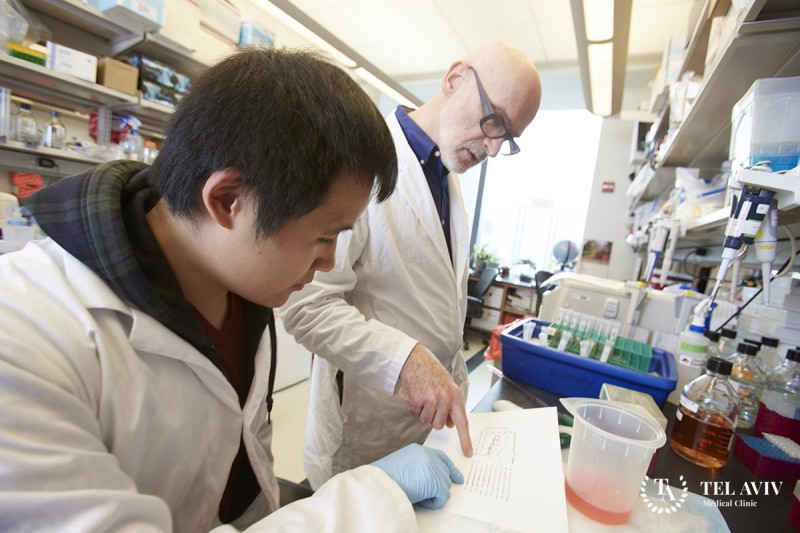
Anal cancer is a fairly rare disease that is more often recorded in older women. Until now, the cause of anus cancer is unknown, but in more than 90% of cases, anal cancer is associated with human papillomavirus. As with any other type of oncological pathology, the sooner you start treatment, the better for the patient. Anal cancer in TAMC is treated with a variety of conservative and surgical techniques. Therapeutic tactics depend on the stage of the oncological process, the age of the patient, concomitant pathologies and the general condition of the patient. The main treatment is chemotherapy and radiotherapy, as well as a combination treatment. Thus, in 85% of cases, it is possible to achieve a full recovery of patients.
Preparing for surgery
Before performing a surgical intervention at the TAMC, the doctor conducts a modern examination of the body. Thus, he collects information about the size and location of the tumour, the general condition of the patient and the development of the pathology. For diagnostics, our specialists use modern equipment, which is sensitive and allows detecting the development of cancer cells with 100th accuracy.
Before undergoing surgery, the doctor advises refraining from eating foods that cause gas formation. He may also prescribe special medications. The patient must have a card and data from the previous examination with him.
Surgery
The amount of surgery depends on the stage of the neoplasm, the size and extent of the tumour. Depending on the situation, the following operations are possible:
- Local resection. The operation is performed under general anaesthesia, and the patient needs to stay in the hospital for several days. After the operation, the removed material is sent for histological examination to study cancer cells.
- Abdominal perineal extirpation. This is a more extensive operation that removes the anus, rectum and part of the large intestine. In most cases, this operation is performed laparoscopically through several small incisions.
Rehabilitation period
After the operation, the doctor will give the necessary recommendations that should be followed at home. The specialist will tell relatives how to care for the patient to help him recover faster. Sometimes after surgery, the doctor will examine to assess the effectiveness of the treatment.
























